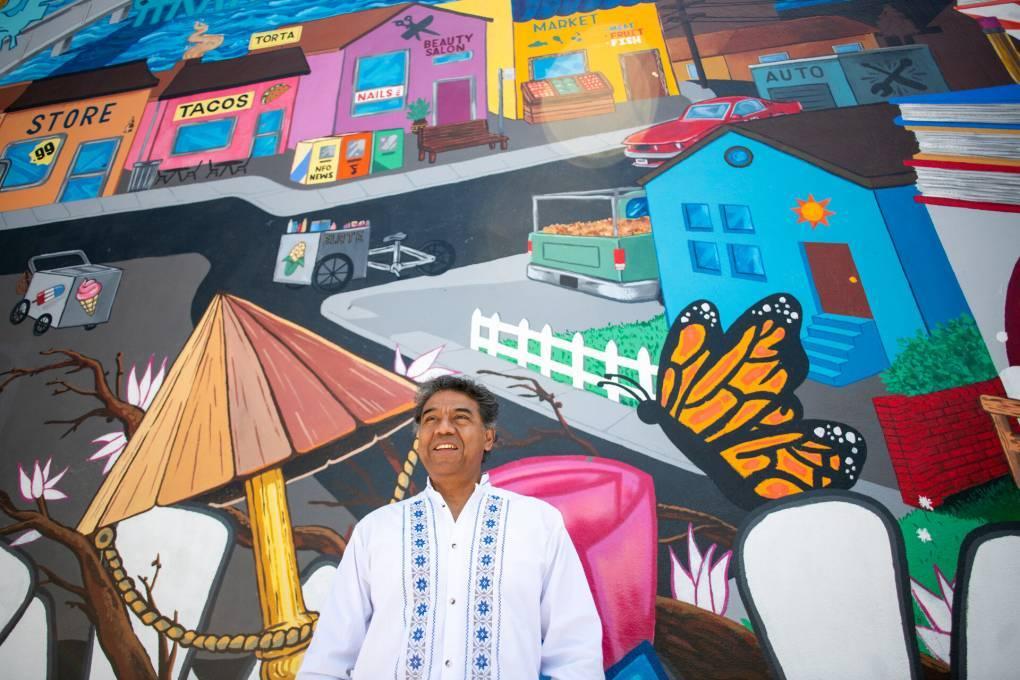'Communities Know Best': Climate Solutions in the South Bay Start With Listening (KQED)

As California’s South Bay grapples with the impacts of climate change, KQED reporter Ezra David Romero says people are creating solutions by listening to their neighbors. Violet Wulf-Saena, founder and executive director of the nonprofit Climate Resilient Communities, started the project in East Palo Alto. Derek Ouyang, part of Stanford’s Future Bay Initiative will work with Wulf-Saena and other partners in the Our Communities, Our Bay project that we support with start-up impact lab funding.
The team plans to recruit 500 families for a five-year listening project in Redwood City, East Palo Alto, Palo Alto, and Alviso in San Jose. They hope long-term listening and the use of new technologies and data science tools will inform scientists and government leaders about the solutions that will work in their communities.
From the article:
[Climate Resilient Communities'] Wulf-Saena and Stanford lecturer Derek Ouyang will soon start recruiting 500 families for a big listening project over the next five years in Redwood City, East Palo Alto, Palo Alto, and Alviso in San Jose. They’ll routinely check in with participants to see how climate change is challenging their lives. Participants have the option to be contacted through an app, over the phone or in-person.
Ouyang had a major realization several years ago that if his research doesn’t help regular people he feels like it’s worthless.
“Listening from the bottom up ensures that you're identifying the most important challenges that communities are facing and the most feasible, and holistic solution,” he said.
He hopes the study illuminates blind spots to exactly what impacts floods, heat waves and wildfires can have on the most housing insecure.
“The only way to really understand the deep underlying challenges households face is if you can really follow them for the next few years, until those events inevitably occur,” he said.
The team of scientists, students and community organizers will lead the five-year study to examine the social and psychological effects of climate exposure, while building relationships with the families as warming alters their lives. The goal is to come up with the best solutions with the families involved.
“Our hypothesis is that we'll find that the things that work are exactly the kinds of things that organizations like Climate Resilient Communities are best poised to offer,” he said. “Because they look like the neighborhood, they're more trusted and have built those networks already.”
He thinks that the impacts of climate change are being felt “much deeper than we like to admit right now” and could “look like [families] increasingly foregoing healthy food and the kinds of care you want to provide for your children,” he said.
Ouyang wants to examine how vulnerable communities in the South Bay really are, and if they need greater access to mental health services, sandbags for flood times, ventilators for smoky times, and cooling centers for hot times.
Wulf-Saena says that she’s involved because she believes it will lead to solutions for people.
“I’m also on the other side protecting the interests of the communities,” she said. “I'm there thinking, ‘Okay, Stanford, this is not just a study.’ Whatever the outcome of this project will be, let’s have something that will give back to the communities that we're going to work with.”
